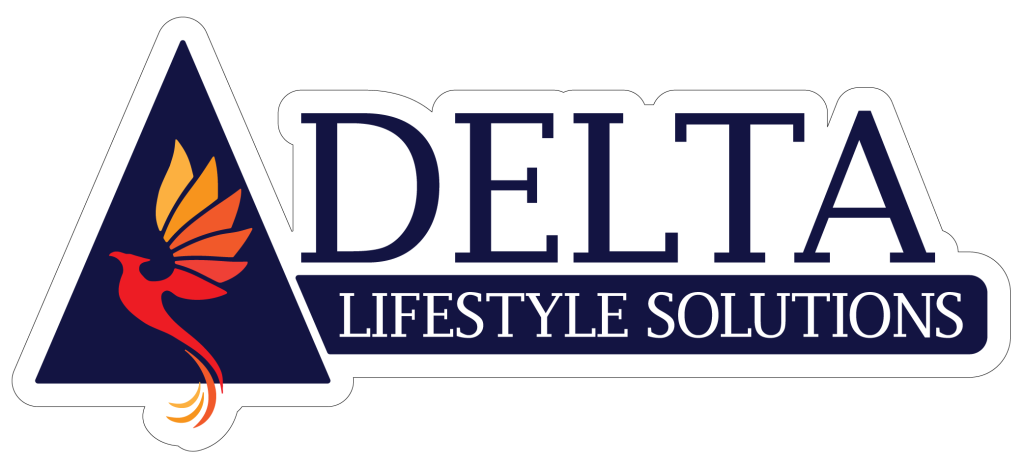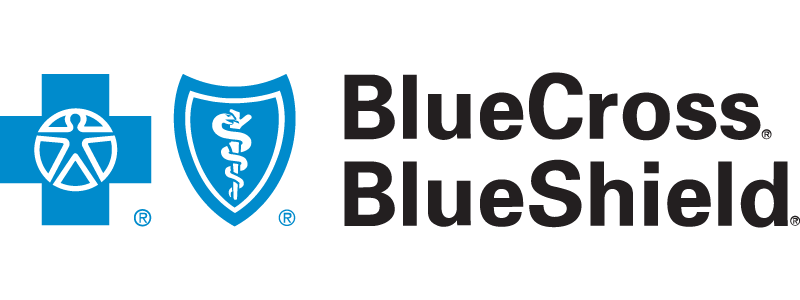Best Practices for Outpatient Gambling Addiction Counseling in West Virginia
At our West Virginia-based clinic, we understand that addiction takes many forms—and that substance use disorders aren’t the only type of behavioral health crisis impacting our communities. In addition to our Outpatient Medication-Assisted Treatment (MAT) services for opioid use disorder, we now proudly offer Outpatient Gambling Addiction Counseling for adults who are struggling with problem gambling.
Gambling addiction, also known as gambling disorder, is a serious and progressive condition that can have devastating impacts on a person’s financial stability, relationships, employment, and mental health. It often occurs alongside substance use disorders, depression, anxiety, and trauma. Our clinic specializes in outpatient treatment that addresses these issues in an integrated, compassionate, and confidential setting.

What Is Gambling Addiction?
- Preoccupied with betting or gaming
- Chasing losses with more gambling
- Lying to friends or family about gambling habits
- Gambling with money they can’t afford to lose
- Experiencing legal, relational, or employment problems
Why Outpatient Gambling Addiction Counseling?
- Adults in the early or moderate stages of gambling disorder
- Individuals seeking help before their problem escalates further
- People already receiving treatment for opioid addiction or other mental health conditions who need dual-diagnosis support
Best Practices for Outpatient Gambling Addiction Counseling
1. Comprehensive Screening and Assessment
- Gambling behavior history
- Financial and legal consequences
- Co-occurring mental health conditions
- Substance use history
- Trauma, grief, or unresolved stressors
- Readiness for change
2. Use of Evidence-Based Therapeutic Approaches
- Cognitive Behavioral Therapy (CBT): Helps individuals understand the irrational thoughts driving their gambling and replace them with healthier thinking patterns.
- Motivational Interviewing (MI): A non-confrontational approach that enhances a person’s internal motivation to change.
- Relapse Prevention Planning: Identifies triggers and high-risk situations while building practical coping skills.
- Financial Behavior Counseling: Supports clients in managing debt, rebuilding credit, and developing a healthier relationship with money.
3. Integrated Treatment for Co-Occurring Disorders
- Opioid use disorder (and are enrolled in MAT programs like Suboxone®)
- Alcohol or stimulant misuse
- Anxiety and depression
- PTSD or trauma-related symptoms
4. Individual Counseling and Privacy
- Confidential under HIPAA regulations
- Scheduled by appointment—no walk-ins or urgent care services
- Focused on building trust and therapeutic alliance
5. Family Involvement and Support
- Family education and psychoeducation about gambling disorder
- Couples counseling and boundary-setting support
- Resources for financial and emotional recovery
6. Regular Progress Monitoring and Adaptation
- Monitor client progress using validated screening tools
- Update treatment plans as recovery progresses
- Celebrate milestones and evaluate readiness for discharge or maintenance care
7. Prevention of Relapse and Ongoing Recovery Support
- Teaching emotional regulation and stress management
- Encouraging participation in self-help groups like Gamblers Anonymous (GA)
- Referring to certified financial recovery advisors when needed
- Establishing long-term follow-up care options

Why Choose Our West Virginia Outpatient Clinic?
- Licensed and compassionate mental health providers
- Specialization in addiction and dual-diagnosis care
- MAT integration for patients with opioid use disorder
- Confidential, stigma-free environment
- Covered by Medicaid and some insurance plans.





